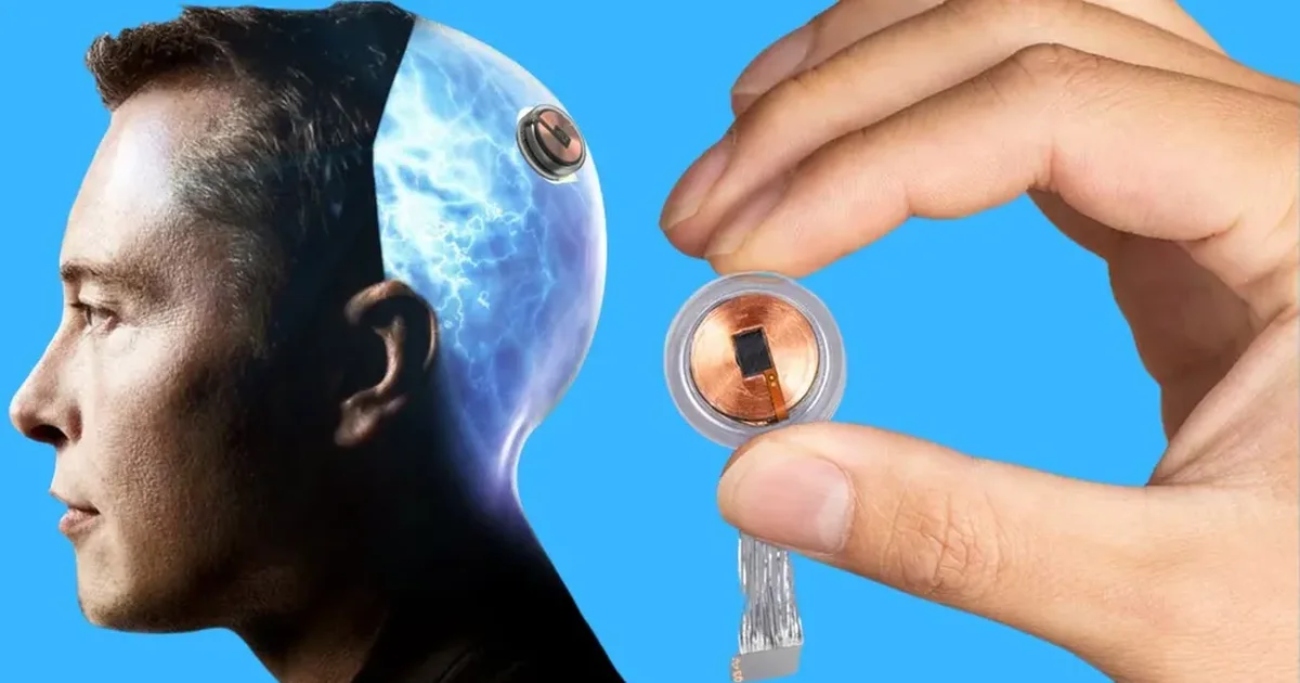The FDA approved Elon Musk’s brain implant device Neuralink to begin human trials of the tiny implant, which is controlled via Bluetooth.
Neuralink Receives Approval From FDA
Elon Musk’s Neuralink received approval last week from the US Food and Drug Administration to conduct human clinical trials, which one former FDA official called “really a big deal.”
“This is the result of incredible work by the Neuralink team in close collaboration with the FDA and represents an important first step that will one day allow our technology to help many people,” it added.
An earlier bid by Neuralink to win FDA approval was rejected on safety grounds, according to a report in March by the Reuters news agency that cited multiple current and former employees.
Neuralink plants to use its brain-computer interface (BCI) technology to restore movement in people with quadriplegia, meaning complete or partial paralysis of the arms, legs and trunk. Musk has also said that the brain implants could be used to restore sight in blind people.
What is Neuralink?
Neuralink a Class III medical device known as a brain-computer interface (BCI). The device connects the brain to an external computer via a Bluetooth signal, enabling continuous communication back and forth.
The device itself is a coin-sized unit called a Link.
It’s implanted within a small disk-shaped cutout in the skull using a precision surgical robot. The robot splices a thousand tiny threads from the Link to certain neurons in the brain. Each thread is about a quarter the diameter of a human hair.
The chips have been tested in monkeys and are designed to interpret signals produced in the brain and relay information to devices via Bluetooth.
Musk’s business case for the Neuralink project is that it will launch with compatibility included for popular smartphone platforms, such as Apple iOS or Google Android.
Recruitment for Neuralink Trials
According to the website, “anyone within the United States who is at least 18 years old and the age of majority in their state, who is able to consent, and who has quadriplegia, paraplegia, vision loss, hearing loss, and/or the inability to speak, is invited to participate in the Patient Registry.”
Adding, “If you participate in the Patient Registry and we determine that you meet preliminary eligibility for future clinical trials, we may contact you to inform you of these trials once they become available.”
However, researchers and scientists have expressed both fear and horror at Musk’s goal of connecting human brains to computers and this mainly stems from many questions regarding the safety of the devices.
“What I’ve seen in the field is we’re really good at implanting [the devices],” Dr. Laura Cabrera, who researches neuroethics at Penn State told The Daily Beast.
“But if something goes wrong, we really don’t have the technology to explant them” safely without damaging the brain.
Musk previously suggested that the proposed technology could help ease concerns about humans being displaced by AI.
Get the news you need at It’s On News.


